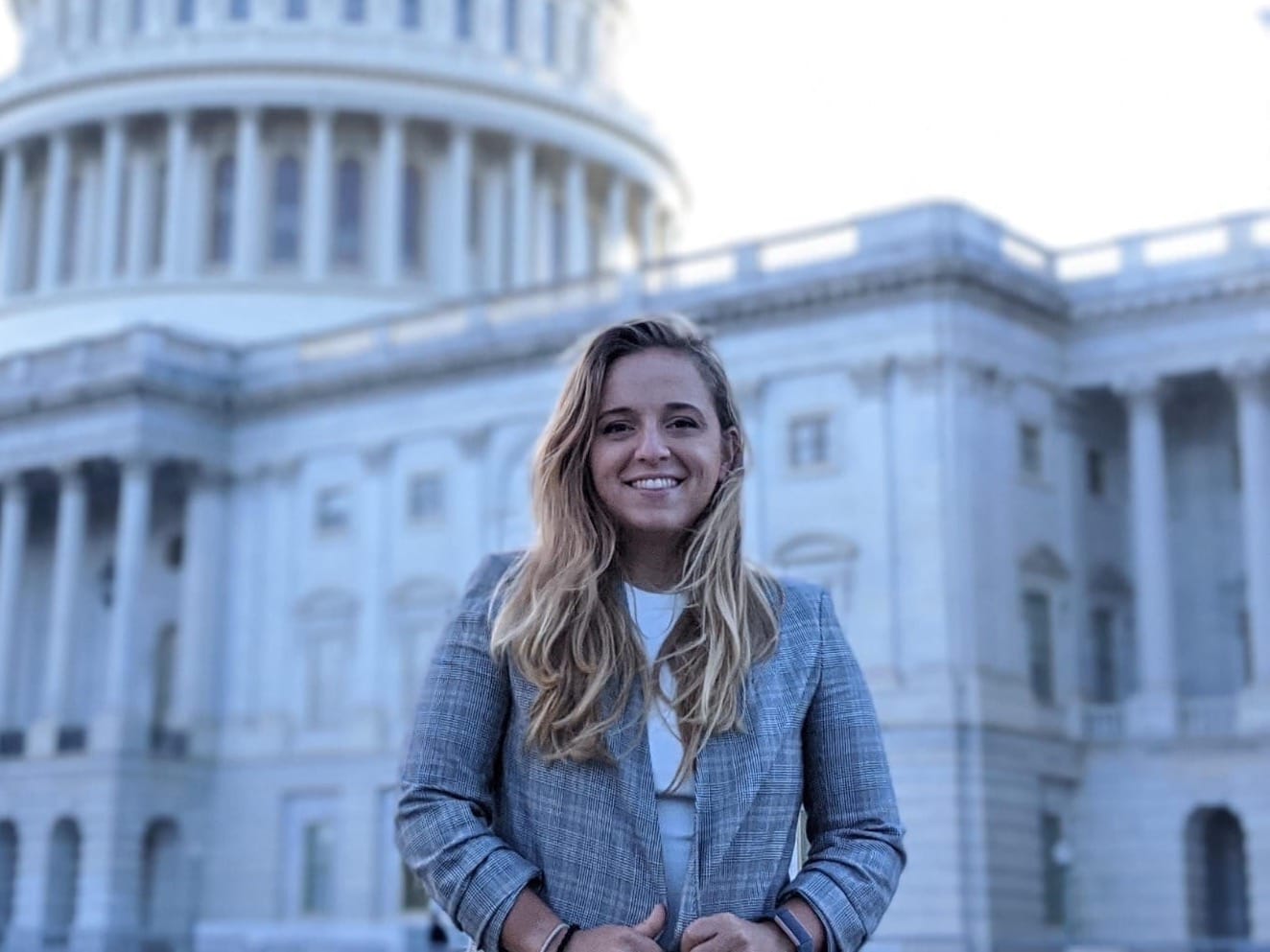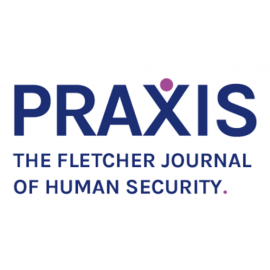Leir Migration Monitor: Mediterranean Corridors - Tracing the Footsteps of Organized Crime Groups (OCGs) in Migrant Smuggling

Article for the April, web edition of Praxis The Fletcher Journal of Human Security, By Aristedis Bouras
In his article for Praxis, Aristedis Bouras analyzes migrant movements on the Mediterranean Sea. After describing the dangers awaiting migrants during their journey across, Bouras writes: "As the Mediterranean continues to bear witness to one of the most significant movements of people in modern history, the stories of those who traverse its waters are a testament to both human desperation and resilience. The need for informed, compassionate, and effective policies has never been more critical."
Read more of Aristedis Bouras' article here:

Praxis The Fletcher Journal of Human Security, Web Edition - April 6, 2024
Backyard Bankers: Episode 3, Enduring Nepali Money Clubs
These cases are excerpted from a forthcoming book called Backyard Bankers: Immigrants, Money Clubs, and The American Dream, written by Leir-affiliated faculty Kim Wilson and her co-author, Jeffrey Ashe, a Fellow at Columbia University.

In the first episode of this series on money clubs, we saw how a Bangladeshi club helped members gather the funds needed to make sizeable investments in convenience stores in Boston. Next, we moved in the opposite direction to understand how Martine and Remy's money club gathered dozens of people from across the US to participate in their Côte Ivoirian insurance club. This time, we visit two organizers in New York City who are making a living on organizing money clubs. We also see how clubs can help newly settled Nepali migrants.
Parbati and Ashok, both hailing from the same region in Nepal, met in Queens, New York. Together, they opened a dhikuti money club and, with others, began generating large sums for business ventures as well as for infrastructure investment back home in Nepal. This story was written by Krishnan Subedi.
With its diaspora concentrated in Queens, Nepali immigrants in New York have levied the strength of dhikutis, introduced in the previous case, to realize their vision of the American Dream and improve lives back home. Respondents reported that their communities were concentrated in the neighborhoods of Elmhurst/Corona, Jackson Heights, and Sunnyside/Woodside. They typically join dhikutis to launch businesses to pay for their children’s medical expenses and education.
Unlike money clubs in other immigrant communities that complete a cycle within a few months or a year, dhikuti cycles run for two to four years or even longer so members can amass sufficient capital to achieve their long-term goals.
Read more of Krishnan Subedi's Backyard Bankers story here:

Spotlight: Sarah Morehouse, F22

Sarah Rose Morehouse is a dedicated professional with extensive experience in international development, conflict resolution, and program management. She holds a Master of Arts in Law and Diplomacy from The Fletcher School at Tufts University, where she specialized in Human Security, Migration, and Gender/Intersectional Analysis. Her career spans various roles in organizations dedicated to humanitarian assistance, refugee resettlement, and conflict resolution. Sarah spent over two years with the Free Burma Rangers (FBR) in Myanmar, overseeing multi-ethnic relief teams providing aid to civilians displaced by armed conflict. She designed and delivered training on civilian protection, child protection, and conflict monitoring.
Since her time at Tufts, Sarah took on roles including livelihoods consultant with Jesuit Refugee Service and continued as Program Manager with the Refugees in Towns Project. In the latter capacity, she led a nationwide study on refugees' understanding of U.S. race relations and supervised the development and publication of RIT Case studies.
Current Role: Director of Programs at Midtown Utica
I am working on: As the Director of Programs at a post-resettlement agency, I exercise comprehensive oversight of program design, implementation, and monitoring. I focus on navigating the complexities of state and federal grants while prioritizing localization initiatives to support integration efforts.
An insight I've discovered: In the post-resettlement refugee community, insufficient support has led to a rise in return migration. Amidst growing incidents of street violence affecting these communities, some families feel safer returning to the places they originally fled.
I am passionate about: My passion lies in advocating for the protection of refugee and migrant youth. I am dedicated to bolstering protective factors and reducing risk factors to ensure their well-being and successful integration.

